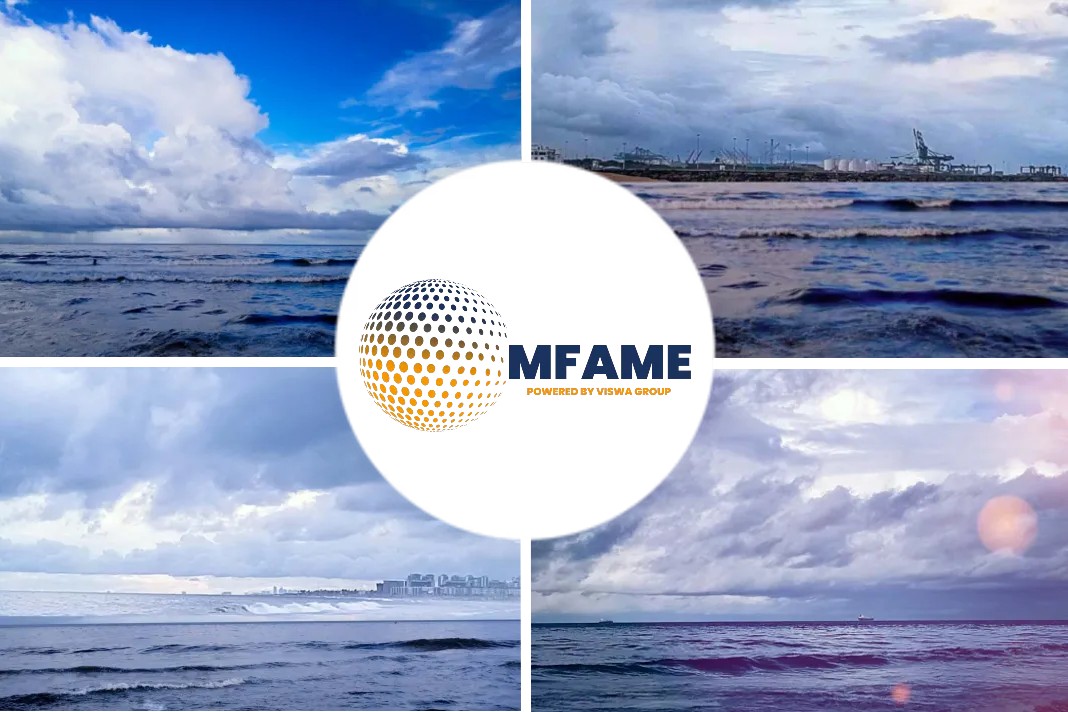- China to apply ship pollution prevention measures.
- Operators should be aware of the People’s Republic of China (PRC) on the Prevention and Control of Marine Pollution from Ships.
- Owners/Operators should also be aware of the requirement that any ship carrying polluting and hazardous cargoes in bulk.
- Ship above 10,000 GT needs to enter into a pollution clean-up contract with a Ship Pollution Response Organisation (SPRO) before entering a PRC port.
- The PRC Maritime Safety Agency’s new Measures of Administration on Agreement for Ship Pollution Response Regime, will become effective on 1 March 2020.
- The date not to be postponed because of the COVID-19 outbreak.
China takes another step in combating ship pollution by publishing new Measures of Administration on Agreement for Ship Pollution Response Regime, reports Safety4Sea.
What should the owners/operators be aware of?
Operators should be aware of the People’s Republic of China (PRC) on the Prevention and Control of Marine Pollution from Ships.
SPRO contract
Owners/Operators should also be aware of the requirement that any ship carrying polluting and hazardous cargoes in bulk, or any other ship above 10,000 GT enter into a pollution clean-up contract with a Ship Pollution Response Organisation (SPRO) before the ship enters a PRC port or engages in loading, discharge or ship-to-ship transfers outside of the port but within 20 nautical miles offshore.
PRC Maritime Safety Agency’s publication
The PRC Maritime Safety Agency (MSA) recently published new Measures of Administration on Agreement for Ship Pollution Response Regime, which will become effective on 1 March 2020.
Deploying oil booms
Along with these measures, the MSA has also published a Directory of Hazardous Bulk Liquid Cargo Apt to Cause Pollution for which oil booms need to be deployed during cargo operations or an Agreement with a SPRO needs to be concluded.
Effective date change expected?
The International Group (IG) has checked this effective date with the China MSA and it has been confirmed that this date will remain as 1 March 2020 and will not be postponed because of the COVID-19 outbreak.
SPRO requirements
According to the Swedish Club, there is no material change to the SPRO requirements. The operators will note that from 1 March 2020, no SPRO Agreements will be needed for any of the following:
- Any ship under 10,000 GT either in ballast or carrying a liquid cargo in bulk not listed in the Directory;
- Any ship driven by clean fuels and carrying a liquid cargo not in bulk.
Oil booming
Oil booming is only required, inter alia, for ships loading, discharging, transferring over 300mt of cargoes listed in the Directory.
Free to negotiate all terms
In addition, the MSA no longer publishes its own recommended SPRO Agreement wording and the parties are free to negotiate all terms.
Committee to assess SPROs capabilities
A new Committee has also been established under the auspices of the China Diving and Salvage Association (CDSA), which will take responsibility for training and assessing the capabilities of SPROs, establishing a central database for information as to SPRO capabilities and negotiating contract terms.
Recommendations to operators
The Swedish club recommends that operators must also note the following:
- Where the port which the ship is entering, leaving or operating from does not have a SPRO with the required level of response capability, the Owner is not required to enter into an Agreement with a SPRO;
- Owners are required to report to the MSA any SPRO that does not fulfil its emergency standby obligations;
- Owners are required to continue to report to the local MSA any cases of ship sourced pollution in the waters of the PRC.
Did you subscribe to our daily newsletter?
It’s Free! Click here to Subscribe!
Source: Safety4Sea

















